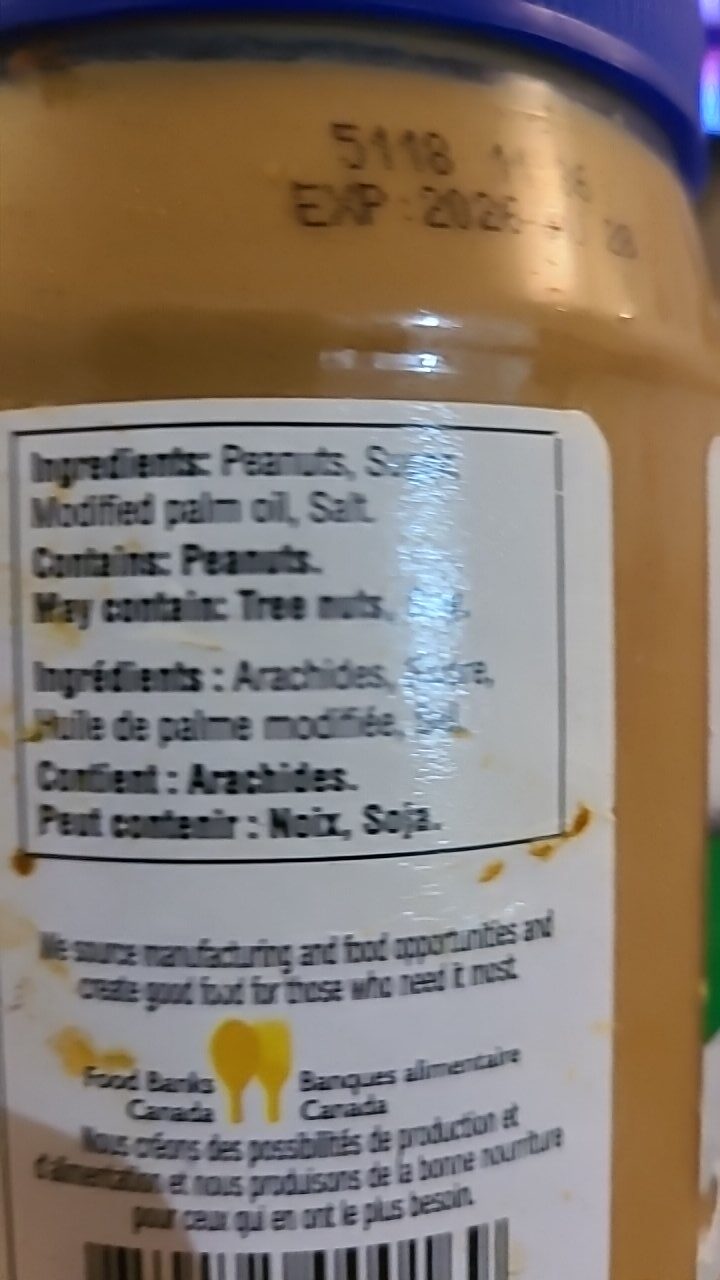
Barcode: 850195000169
peanut butter
HALAL
📝 Reason: After careful ingredient evaluation and cross-checking with Islamic dietary rulings and established Halal ingredient lists, all components in this peanut butter (peanuts, modified palm oil, salt) are inherently Halal. No Haram or doubtful E-Codes, alcohol, animal origin, or meat ingredients were found. (Quran 5:3, IFANCA ingredient database, halalfoodauthority.com)
🏷️ Category: Nut Butter
📄 Certificates: Vegetarisch
Ingredients:
Details
Is Peanut Butter Halal? A Comprehensive Guide
Peanut butter is a popular spread enjoyed by many around the world. With its creamy texture and rich flavor, it’s often a staple in various diets. However, for those adhering to Halal dietary laws, understanding the Halal status of peanut butter is crucial. In this article, we will explore the Halal status of peanut butter, including a detailed breakdown of its ingredients and E-numbers.
Halal Status of Peanut Butter
After careful evaluation, it has been determined that peanut butter is indeed Halal. This conclusion is supported by the analysis of its ingredients: peanuts, modified palm oil, and salt. None of these components contain any Haram substances or lead to any Halal concerns according to Islamic dietary laws, which align with Quranic guidance (Quran 5:3).
Ingredient Breakdown
Let’s delve into the specific ingredients found in peanut butter and clarify their Halal status:
- Peanuts: Peanuts are a naturally occurring legume. They do not contain any animal-derived substances, making them inherently Halal. According to sources like IslamQA and Halal Food Authority, there is no Halal concern associated with peanuts as an ingredient.
- Modified Palm Oil: This is a vegetable oil. The term ‘modified’ generally refers to physical or chemical processes that do not involve Haram substances. Except in rare cases where animal-derived enzymes are utilized, modified palm oil is typically Halal. Resources such as Halal Food Authority and IFANCA confirm this status.
- Salt: Salt is a mineral and does not undergo any processing that could introduce Haram ingredients. It is universally considered Halal, as mentioned in IslamQA and the IFANCA. Thus, it poses no Halal concerns.
Conclusion
Based on our assessment of the ingredients used in peanut butter, it is confirmed that this product is Halal. Whether consumed on its own, spread on bread, or used in cooking, individuals observing Halal dietary laws can enjoy peanut butter without concern. Additionally, peanut butter is categorized under Nut Butter, which is often associated with health and nutrition benefits.
Furthermore, while there are no certifications listed for this specific product, the information provided above aligns closely with reputable Halal ingredient databases and authorities.
In summary, peanut butter is a versatile and tasty product that is compliant with Halal dietary standards. If you’re looking for a delicious spread that fits into your Halal lifestyle, peanut butter is a great choice!
